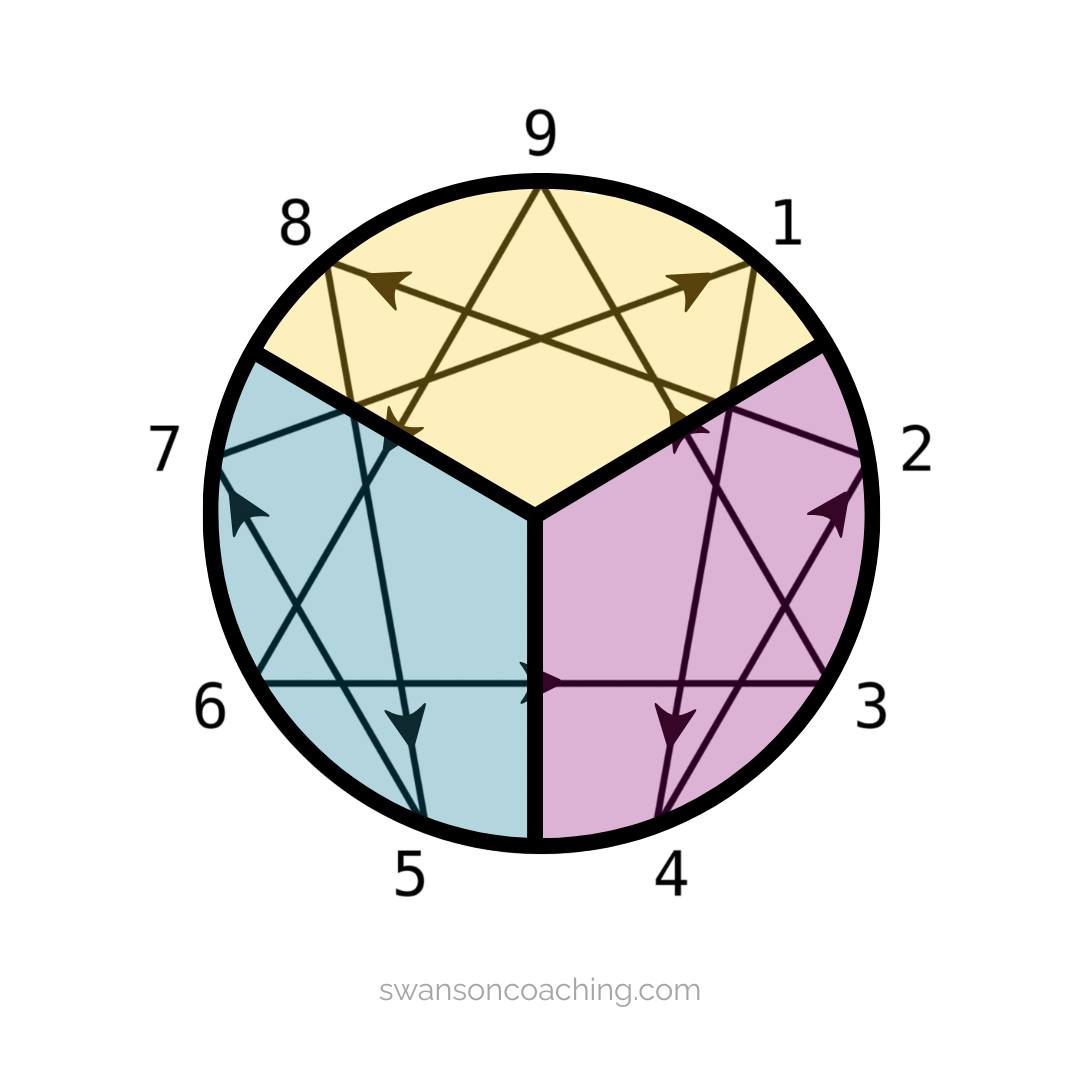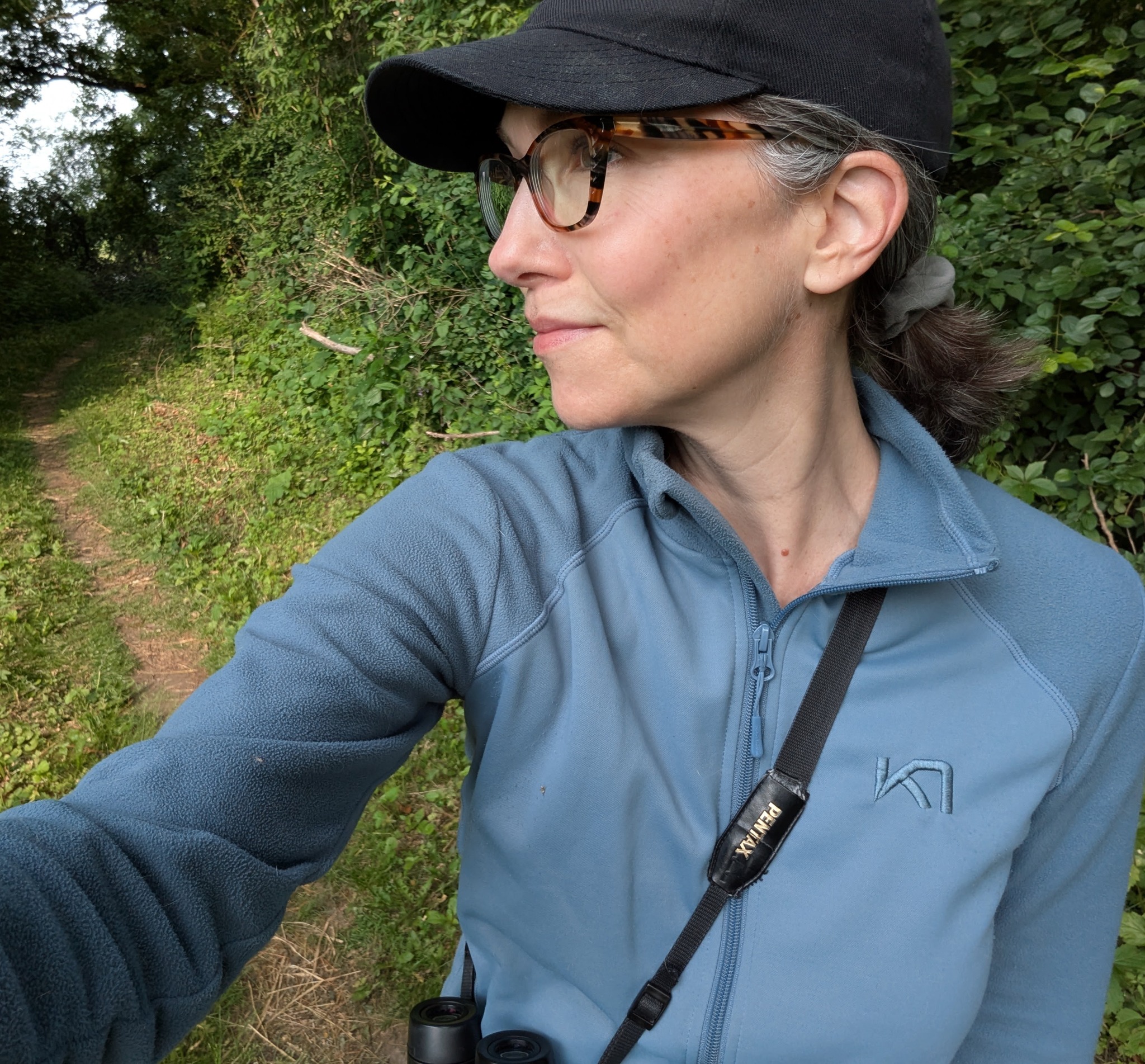Listening to anxiety. What comes up for you when reading that?
There’s so much anxiety and fear in the world these days. Today in particular as looting was the activity du jour in many cities across Amerca this past weekend. Also because so many of my friends seemed locked into the sensation of anxiety and fear – instead of listening to it.
What can we learn from fear and anxiety?
Anxiety is sometimes classified as a precursor of fear. Karla McLaren has many excellent resources on her website about different emotions and has this to say about fear:
“It’s the emotion that tells you… when you need to take action to avoid harm or injury. Fear requires that you check in and figure out what you’re being alerted to. Asking the internal question for fear: What action should be taken? will help you identify and work with your fear in useful ways.”
This is an excellent question. If you are truly afraid, what action do you need to take right now?
What can you do right now to help alleviate your fear?
Most of us might be experiencing anxiety rather than fear.
Fear, in its rawest form, comes from present danger. Anxiety, however, precedes fear.
McLaren states: “When we think of fear, we tend to think of extreme alarm rather than the grounded instincts and awareness that nuanced fear brings to us… Anxiety helps you organize, plan for, and complete your tasks – it’s related to fear, but it helps you orient to the future rather than to the present only. Anxiety is your task-completion superhero.”
Wow, a superhero! This is powerful stuff.
When one feels anxious and listens to that anxiety, one usually finds that they are not prepared in some way or form. So the question that really needs answering is:
What needs to get done?
This reeks of procrastination, what do you think? How many of us get anxious simply because we are stalling on taking action…?
So much information can be gleaned from these emotions.
We just need to listen for and hear the questions they are asking of us.
Anxiety, fear, and your brain.
When we are anxious or fearful, this excites the reactive part of our brains. And when we are in a constant state of fear or stress, this can cause other parts of our brains to atrophy – the parts associated with memory, learning, and logic.
Yes, logic can take a nosedive when we are fearful or anxious. When it comes to violence, how many of the people committing violent acts are acting rationally, logically…?
More from Karla McLaren here:
“If your fear is stuck in a feedback loop, you may become overwhelmed and exhausted by the activation it causes — which will activate more fear and eventually knock you into disarray. It’s important to be able to calm your body so that you can get back into a workable relationship with your fear.”
I love the idea of having a “working relationship” with fear. A conversation might go something like this:
“Ok fear, I feel you. What’s going on? I don’t need to take any action right now you’re saying…? Ah, ok, so this is really anxiety. In that case, what do I need to do? What needs to get done?”
Massive Action when it comes to anxiety.
I was discussing “Passive Action” vs. “Massive Action” with a client the other day.
Passive Action being where we are reading, listening, learning, soaking up knowledge and information about a particular subject.
Passive Action means we are not actually taking any steps with that new knowledge, we’re just learning. And while learning is a great thing, it can also leave us feeling empty and helpless because we’re not doing anything.
Basically, we’re procrastinating.
Massive Action IS taking actionable steps to make a difference – either in our own lives or the lives of others.
When it comes to anxiety, how many of you are stuck in Passive Action?
What good is coming from soaking in all of the information that might be adding fuel to that anxiety? Watching TV and reading the news, scrolling through Twitter or other social media – how is this affecting your current state?
What can you do, right now, to turn that Passive Action into Massive Action – which will help to alleviate your anxiety? What is one actionable step – no matter how small?
What can you do right now?
For some, turning off the news is key. Getting out in nature may help others, or going for a run. Getting out and supporting a cause you believe in is another thing one can do if you are able. Yoga, reading some good fiction, gardening, playing with your dog… even breathing and meditating are good things if a physical, actionable step is not possible right now, and in my opinion, is still considered Massive Action.
So how does one go about listening to anxiety?
Back to that question: When listening to anxiety, what comes up for you?
What needs to get done?
Only you have the answer for what works for you personally. But, before you get primed for action and ask yourself what you can do right now, take a moment to “restructure” your brain so you can once again tap into your logical, curious side:
- Breathe. Stop whatever you are doing, and breathe. Focus on your bodily sensations. Are you feeling tight or restricted in some way? Are your shoulders up around your ears? Are you clenching your jaw or your stomach? Relax your body. Breathe into the areas that are tight. Focus. Open up those areas. If nothing is feeling tight, focus on opening your lungs. Give yourself a good minute or two or three here.
(sidebar: this is why meditation is so powerful. It allows us to stop and refocus – something we should all consider doing for at least a few minutes every day for optimal brain health.)
Then ask yourself:
- Am I eating well?
- Am I moving and stretching and exercising every day?
- Am I sleeping well?
- Do I have social connections and support? Am I using them?
Getting these “pillars of health” in line will set you up much better for dealing with anything that comes up in your life, including anxiety and fear.
Then, if you are still feeling anxious or fearful, ask yourself:
What can you do right now to help alleviate that anxiety? Breathe, focus, and listen for the questions your emotions might be trying to ask you.
What needs to get done?
Be curious, be gentle, and be kind with yourselves when seeking out these questions – especially during these uncertain times.
PS: I refer to meditation above, and for a reason.
Even 1-3 minutes a day will make a difference to help you open up, take control of your brain and your thoughts, and better be able to handle life when anxiety and fear come up.
The ability to open up and get in touch with something that is beyond yourself is so powerful, which helps one navigate fear and anxiety. Meditation teacher Sebene Selassie had this to say on a Dan Harris’ Ten Percent Happier podcast interview (paraphrasing here):
Dan: It feels better to be in touch with the pain in the world than it does to be stuck in thinking about myself all the time.
Sebene: It feels better because it’s actually more liberated. When you’re suffering, you have this clinging and tightness. We’re pushing something away or punching something or trying to hold on to something. When I’m focussed on just myself, there is a constriction. But when I open up to actually being able to see clearly, there’s a sense of freedom. When we’re actually able to open up, not fearing our fragility and incapacity to look at something clearly – we really recognize our inherent power and resilience and capacity to be with things. That’s human.
You can listen to this amazing podcast from June 1st here.
It’s good to remember that if you are experiencing anxiety or fear that won’t go away after trying the above, please consult your therapist or medical practitioner for advice. HelpGuide.org is a great place to check out if you don’t have immediate access to other support.
My offer to you.
In light of all that’s been going on in this world, I would like to offer you, dear reader, some coaching.
I will listen deeply, offer empathy, and help you make sense of what’s going on in the world right now. It does not have to be about nutrition or autoimmune issues. We can talk about anything that’s on your mind.
We can talk about anything that’s on your mind:
- creating new habits in this “new normal” – or maintaining current habits
- work challenges – either working from home or being out of work
- figuring out how to best spend your time with your now at-home children (and still retain your sanity)
- how to cope if you have too much free time, or if you are finding it hard to strike a work-time vs. free-time balance in light of recent changes
- how best to manage stress
- guilty feelings about not having to go work or the gym or maybe cheating on your diet
- feeling ok doing absolutely nothing for a while
- helping you create structure in your life and a plan moving forward – whatever that may mean to you
- help you regain control if you are feeling out of control
- if you are a health care worker, I can offer empathy and support for what you are facing right now.
To book your Complimentary “Meet & Greet” Session and Assessment, click here.
Be well, everyone, and I look forward to meeting you.
Sandy
Sandy Swanson is a Certified Functional Health Coach who received her training from Chris Kresser’s ADAPT Health Coach training course (A-CFHC) and is also a National Board Certified Health and Wellness Coach (NBC-HWC). You can learn more about her here and more about what coaching is here.














